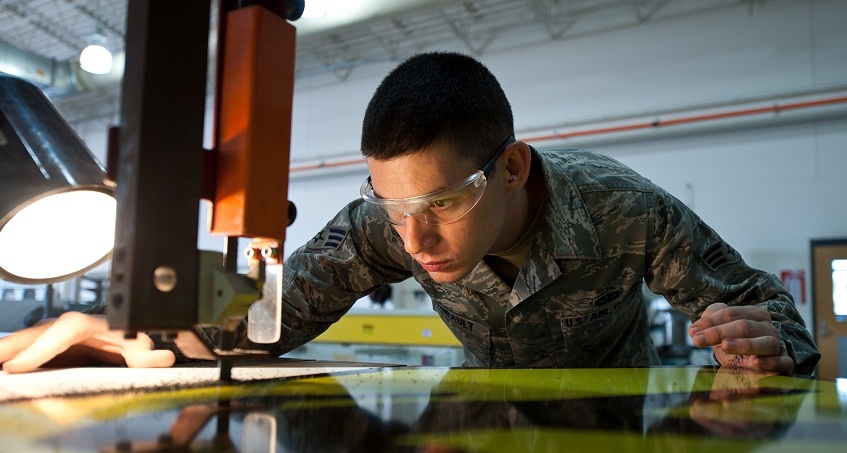How the Gig Economy is changing the nontraditional workforce?

https://www.discountagent.co.uk/The world of employment is changing, and it’s all thanks to the gig economy. Freelancing is on the rise, and we see a transition happen. In this, blog, we’re going to discuss how the gig economy is changing the nontraditional workforce, and why businesses need to adapt.
How are platforms like Uber and GrubHub giving rise to nontraditional jobs?
These platforms offer flexibility and convenience for everyone involved. A freelancer can work whenever they want, and there’s never the fear of being let go by an employee. A consumer can pick and choose the service they want, tailoring it to their needs.
As such, nontraditional jobs are on the rise as there’s a demand for people who can offer their specific services at short notice. Platforms like Uber, GrubHub or Fiverr provide a place for freelancers to come and essentially advertise their services. People will now go and find them, rather than the other way round. It’s easier to secure work like this, which is one of the reasons nontraditional jobs are on the rise.
How is the landscape of the workforce changing and the gig economy increasing?
The landscape of the workforce is changing day by day as the gig economy slowly creeps into more conventional lines of work. For businesses, it’s now common to hire a team full of freelancing experts to cover a specific chunk of work. As an example, you have an HR team made entirely of contractors.
This shows how the gig economy is increasing as it gives people a new way of doing their jobs. Someone can be contracted to work with numerous business clients, and each business saves money by hiring them. People want more freedom when they work, the days of being tied down in a full-time contract are fading quickly.
How will technological and economic changes push more people towards the gig economy?
Technologically speaking, we’re seeing some massive developments that are pushing people towards the gig economy. Artificial intelligence is a huge example; a lot of traditional jobs are being taken over by AI machines. As such, people are switching to nontraditional jobs, which moves them towards the gig economy.
Economically, companies are always looking to cut their costs and limit their annual expenditure. One of the best ways to do this is by hiring fewer full-time employees. Therefore, more people are driven towards the gig economy because companies don’t want to spend money hiring full-time team members.
Why do businesses need to adapt to the change and become part of the gig economy?
Firstly, we revert to the point above; it saves a lot of money. The cost of hiring a nontraditional workforce of freelancers is far less than traditionally hiring people. You aren’t responsible for paying any employee benefits, which account for a lot of your expenses.
Likewise, the statistics show that the gig economy is on the rise. Freelancing is getting more and more popular, which means it could overtake the traditional workforce in the future. By adapting and becoming part of the gig economy now, it means you don’t go through a tricky transition period when this is the norm.
The bottom line is that the gig economy is altering the way that people approach work. More platforms are popping up day by day to help freelancers find clients with ease. The workforce is changing, and nontraditional jobs are on the rise.








